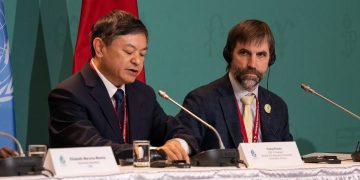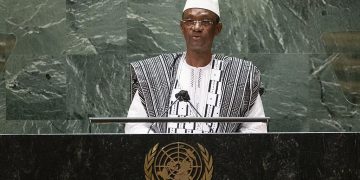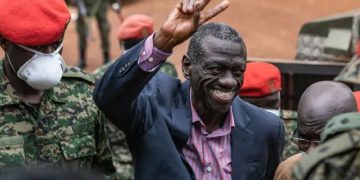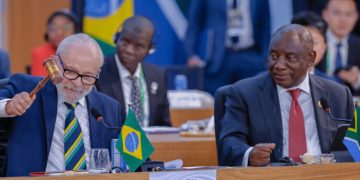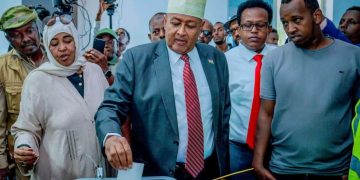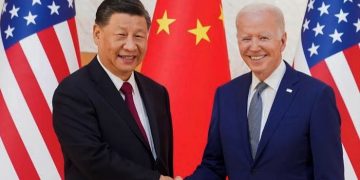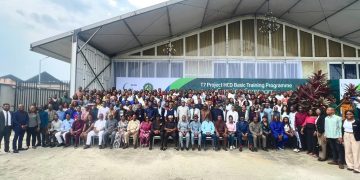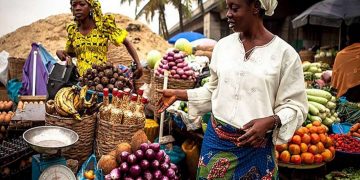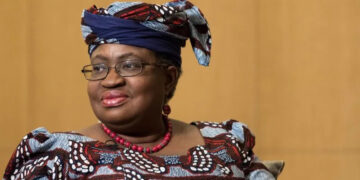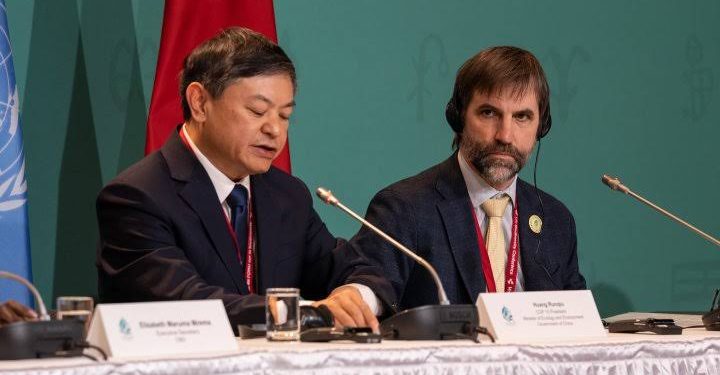By Enyichukwu Enemanna
Delegates at the ongoing COP15 conference in Montreal, Canada have received the draft copy of a proposed new global agreement to mobilize at least US $200 Billion per annum from both public and private sources to finance nature, and to reduce subsidies that are harmful to nature by at least $500 Billion by 2030.
The proposed agreement submitted by the COP15 president and Chinese Environment Minister, Huang Runqiu also includes a global agreement that would commit to protecting at least 30 per cent of land, water and marine areas by 2030.
The draft of the Kunming-Montreal Global biodiversity framework was made public on Sunday as delegates gather at the second to last official day at the COP15 biodiversity conference in Montreal.
The draft of the framework states the 30 per cent of conserved land and water should include areas that are the most important for biodiversity, and should include recognition of Indigenous territories when applicable.
The final draft comes after nearly two weeks of negotiations among 196 countries who are part of the UN biodiversity convention. They are seeking a new deal to halt the human destruction of nature and to begin restoring what has already been lost.
The United Nations says three-quarters of the world’s land has been altered by human activities and one million species face extinction this century as a result.
The developed and developing nations had had a contestation over the best way to flow new financing for conservation efforts.
The new draft agreement proposes to have developed countries commit to providing developing countries at least US$20 billion per year by 2025, and $30 billion per year by 2030.
Other targets in the agreement include reducing the impacts of pollution and invasive species, and ensuring businesses monitor and disclose the impact of their activities on biodiversity.
The final adoption of the agreement could come before the end of the conference on Monday.
Both Huang and Canada’s Environment Minister Steven Guilbeault expressed confidence that a deal was within their grasp during a joint news conference on Saturday afternoon.
China, the president of COP15 oversees the negotiations. But the meeting itself was moved to Canada because of ongoing COVID-19 restrictions in China.
The new agreement would be titled the Kunming-Montreal Global biodiversity framework, after the host cities.
Montreal was the site chosen largely because the UN Biodiversity Convention secretariat is based there.
